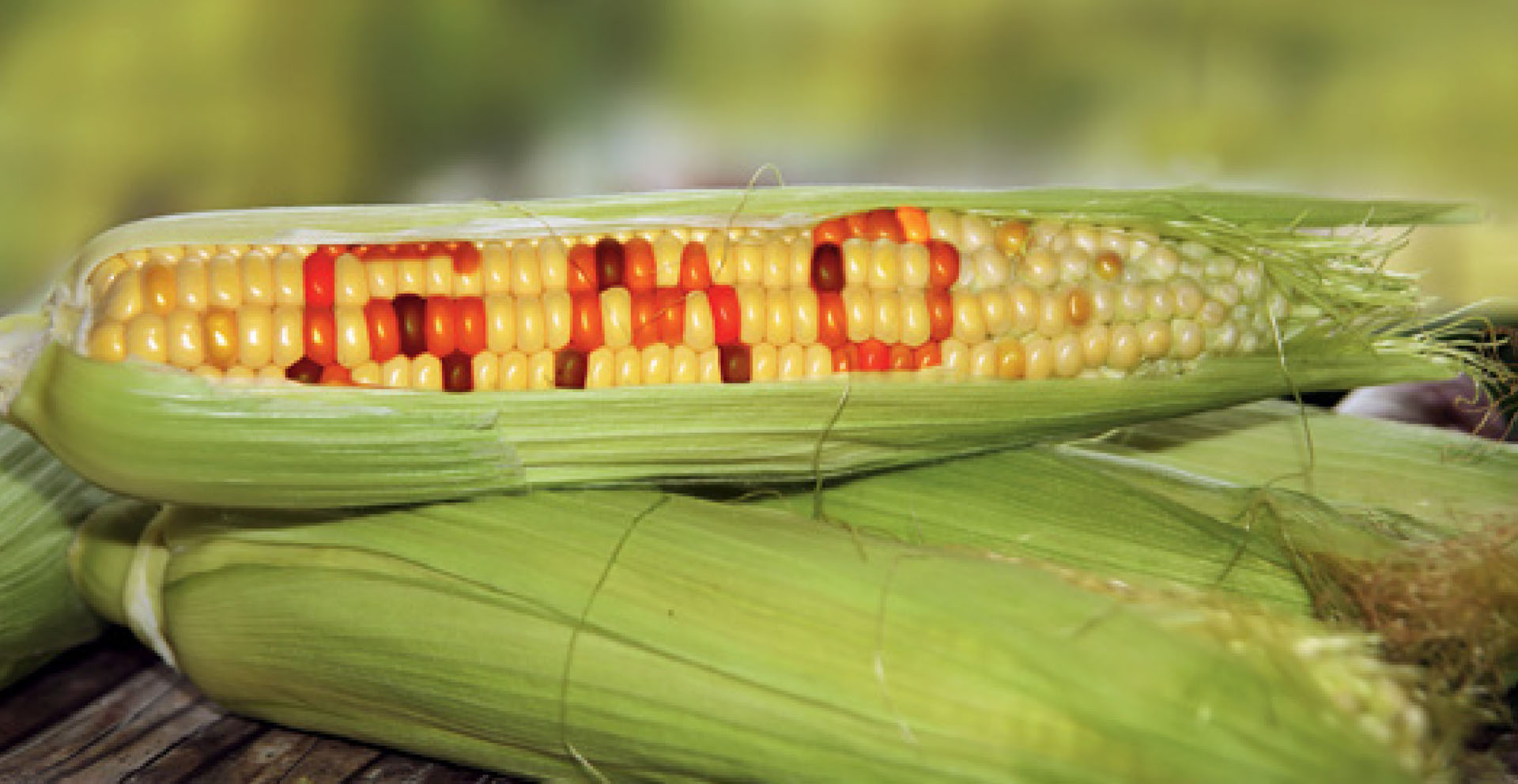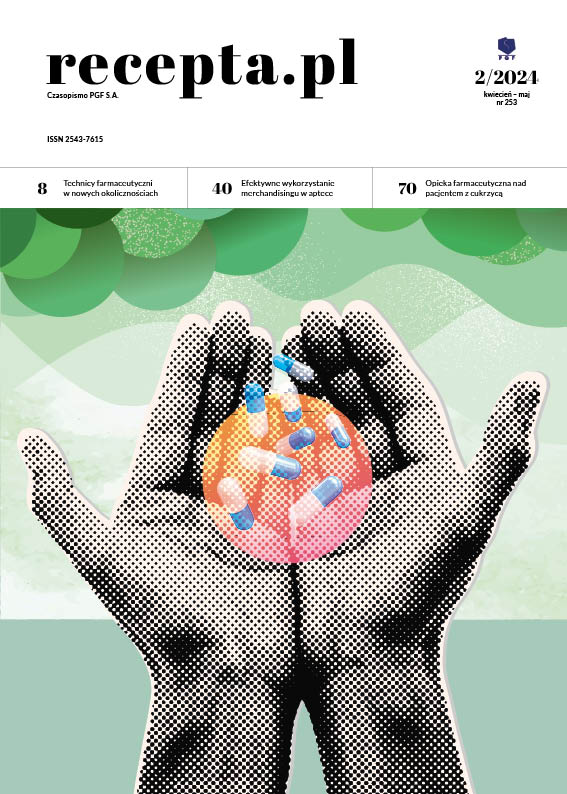
Z pacjentem po angielsku (9)
Tym razem piszemy o żywności modyfikowanej genetycznie. Czy powinniśmy się bać i unikać czy też nie taki wilk straszny?
Genetically Modified Food – Should We Be Afraid?
In the USA, people are happy to eat genetically modified food In Europe, many people are still not sure whether this type of food is safe. Then, there are those people who call it “Frankenstein food”. Where does the truth lie? Genetically modified food also known as GMO (genetically modified organism) refers to any living thing that has had its DNA altered. In case of animals (including human beings) and plants, the genetic modification is done to introduce a desirable trait (larger fruit, different colour etc.). Science-fiction has become reality. The first genetically modified people are walking among us. It is now possible to modify human eggs, sperm or IVF embryos to correct diseases which could potentially be inherited without this treatment.
Genetic modification seems like a very modern invention. In fact it is not. A lowtech version of genetic modification has been performed for thousands of years and it was known as selective breeding. In the past farmers had done this with sweetcorn to get the juicy kernels we enjoy today. Soya is another example of GM food that has been with us for a long time. GM food had been commercially grown in Australia, Canada and the US before it was introduced into Europe. The European Union requires clear labelling of all modified food. This allows customers to make an informed choice. In case of products without packaging, information about GM must be displayed at a close proximity to the product (for example supermarket shelf). These strict rules do not apply if the food contains no more than 0.9% GMO.
Is eating GM food then healthy or not? It is difficult to answer this question as first of all our body cannot tell the difference whether we are eating GM food or not. Many worries that people have are due to lack of knowledge on the subject. In some cases GM food might not only be tastier but also more nutritious. Genetic modification has its advantages and disadvantages. If it is used to produce higher yielding crops in poverty stricken areas of the
world, this seems like a clear advantage. Some food has been altered to make it vitamin or mineral rich which again could be absolutely vital for poor children with vitamin deficiency (such as vitamin A deficiency, which in the long run can cause blindness). Food can also be altered to stay fresh longer therefore wastage is smaller, meaning the choice to use it seems obvious without worrying about the long term implications to human beings and animals. GM supporters argue that thanks to the use of modification, farmers can use fewer herbicides. Although crops may require less chemical use, this may in the long run lead to creating a “super-weed”. Also the fact that GM food can be sprayed later in its life cycle means that all sorts of insects that feed on them would perish. What is more, if a pesticide is genetically present in all parts of the plant (from the root to the leaf), instead of being sprayed then there are more toxins in the earth.
Scientists are still not sure as to the long-term implications of using GM food. It is almost impossible to stop this process now. Most animal feed contains genetically modified corn which may encourage many people to give up meat and become vegetarian or vegan, especially that pigs, cattle, fish and chickens are all being altered to produce speed growing animals. But where can vegetarians find non-modified plants to eat? GM food remains slightly controversial but it is definitely not as scary as first thought. What we should be worried about is the general terrible quality of food we are served by profit-driven industry and mass production. If food stays fresh longer, it is pest resistant, then it is cheaper to grow and cheaper to buy but is it as healthy as traditionally produced food? The question remains open. We will continue eating this type of food without knowing the real long term effects.
Słowniczek:
to alter – zmieniać
desirable – pożądany
trait – cecha
to inherit – odziedziczyć
sweetcorn – kukurydza
kernel – ziarno (kukurydzy)
labelling – oznakowanie
packaging – opakowanie
proximity – bliskość
nutritious – odżywcze
higher yielding – bardziej wydajny
crops – uprawy
poverty stricken – zagrożony biedą
deficiency – niedobór
implication – konsekwencja
herbicide – herbicyd (rodzaj pestycydu do zwalczania chwastów)
to perish – zginąć
Tekst opublikowany w numerze 2/2019 czasopisma Recepta






